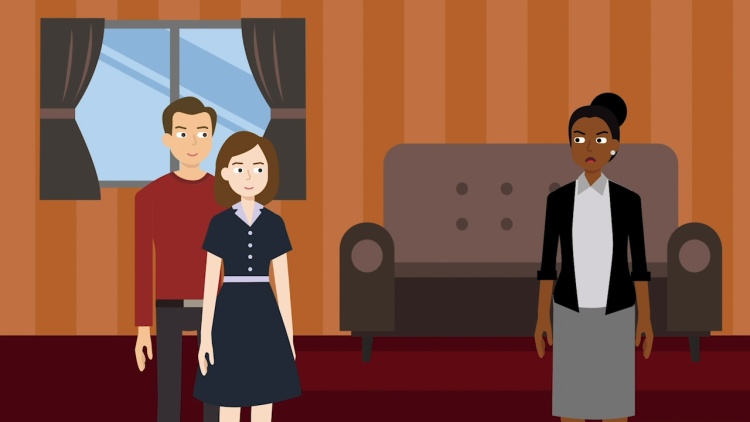Perry v. State
Florida District Court of Appeal
155 So. 3d 390 (2014)
- Written by Rose VanHofwegen, JD
Facts
Christopher Perry (defendant), his wife Mary, and her mother allowed Christopher’s close friend Robert Young to move in with them and Christopher and Mary’s three children, even though they knew Young was a sex offender convicted of molesting his stepdaughter. Evidently, Christopher, his wife, and Young had threesomes together, and the family depended on Young financially. The Perrys allowed Young to sleep in their eight-year-old daughter E.P.’s bedroom and bathe her. When the Department of Children and Families (DCF) received a report that an adult male was sleeping with E.P., the Perrys signed a safety plan agreeing that Young would have no unsupervised contact with their children. But the Perrys continued to allow Young to sleep in E.P.’s bed. After DCF received a second report, an interview with E.P. confirmed that Young was sexually abusing her in multiple ways. Investigators saw a lock on the outside of E.P.’s bedroom door that E.P. said her parents used to lock her in her bedroom with Young. Mary later admitted that she had seen Young sexually abusing E.P., told her husband about it, but that neither of them did anything to stop it. Instead they continued denying that Young slept with E.P. in her room and falsely told investigators that he slept on the couch. Christopher was convicted for capital sexual battery, lewd molestation, felony child neglect, and conspiracy with his wife and mother-in-law to commit capital sexual battery on E.P. Christopher appealed on multiple grounds, including arguing that no direct proof showed an agreement between him, his wife, and his mother-in-law to allow Young to molest E.P., as required to support the conspiracy charge.
Rule of Law
Issue
Holding and Reasoning (Van Nortwick, J.)
Concurrence/Dissent (Rowe, J.)
What to do next…
Here's why 899,000 law students have relied on our case briefs:
- Written by law professors and practitioners, not other law students. 47,000 briefs, keyed to 994 casebooks. Top-notch customer support.
- The right amount of information, includes the facts, issues, rule of law, holding and reasoning, and any concurrences and dissents.
- Access in your classes, works on your mobile and tablet. Massive library of related video lessons and high quality multiple-choice questions.
- Easy to use, uniform format for every case brief. Written in plain English, not in legalese. Our briefs summarize and simplify; they don’t just repeat the court’s language.







